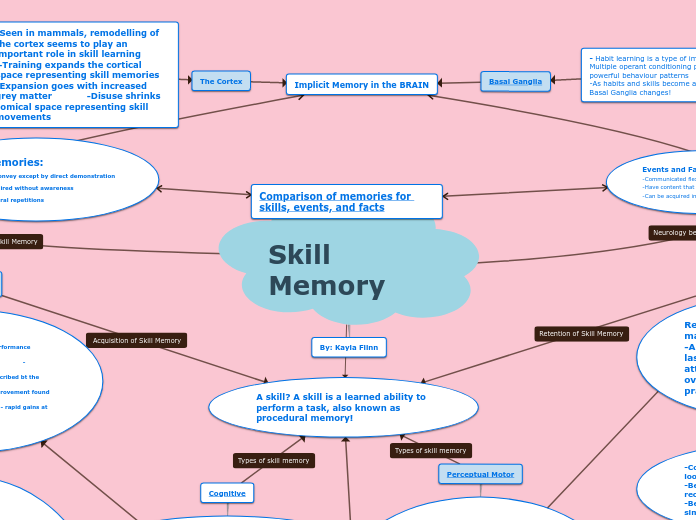arabera kayla flinn 6 years ago
457
Skill Memory Concept Map Kayla Flinn

arabera kayla flinn 6 years ago
457

Honelako gehiago
Skills learning and recall can deteriorate due to interference from other skills